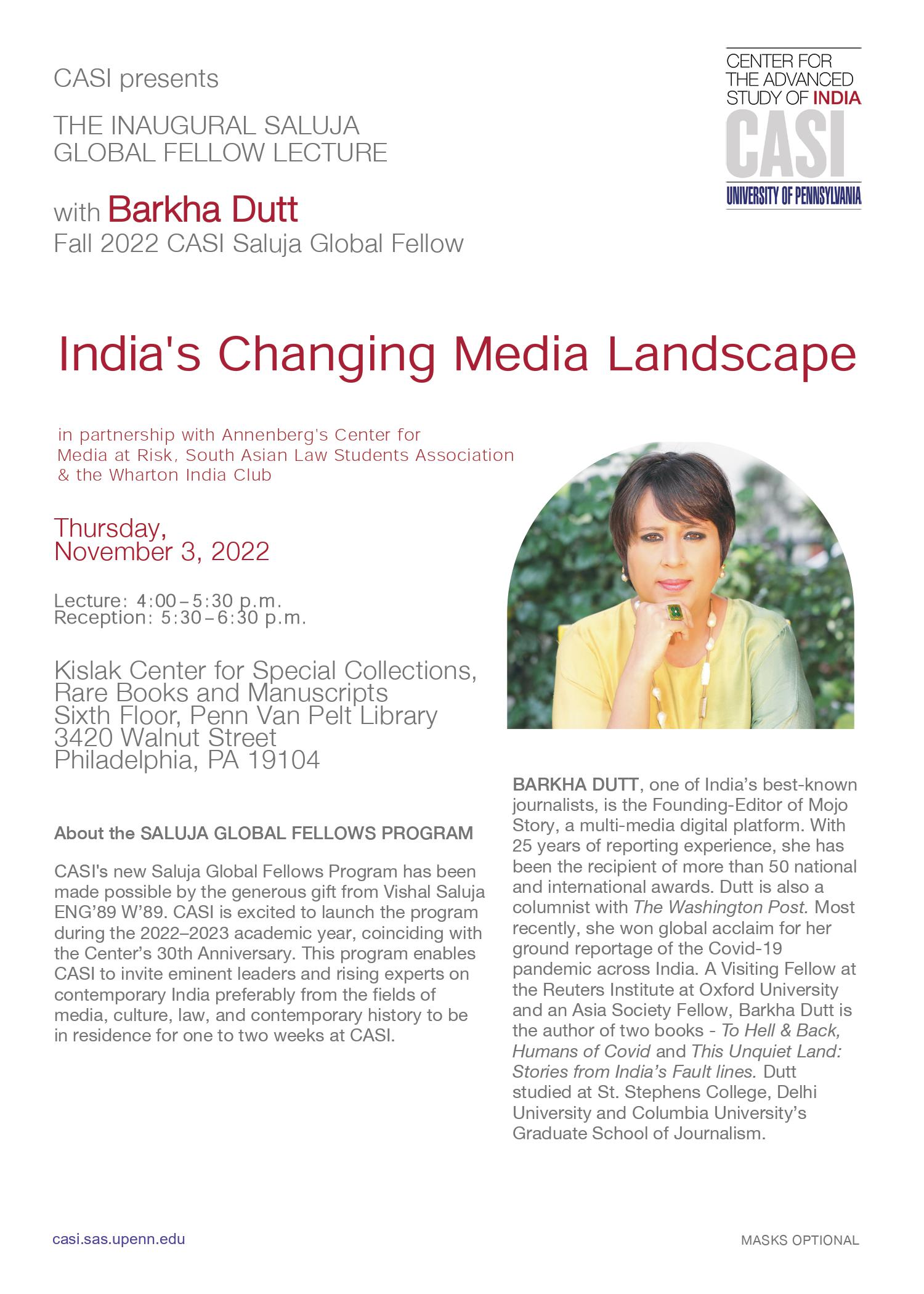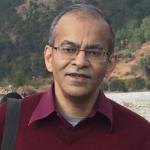The Masterly Use of Universalism: Re-Reading Ray’s Cinema in 2023

In 1992, when film historian Richard Schickel, at the behest of the Academy Awards committee, produced a montage based on Indian filmmaker Satyajit Ray’s film clips, he was forced to request footage from the British Broadcasting Corporation and Channel 4 in the UK, as America had none.
Was Ray’s work already a passé “relic of a bygone” or was the presence of universalism—a distinct marker of Ray’s cinema—improbable for the times?







